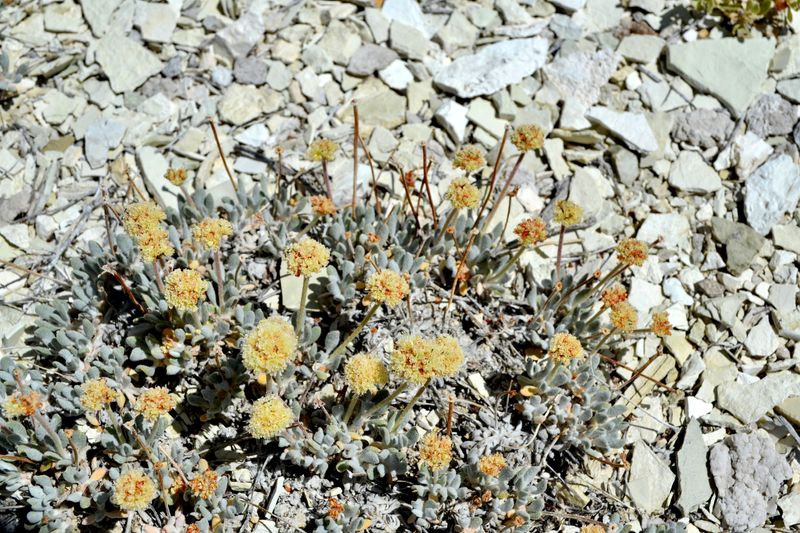By Ernest Scheyder
(Reuters) -The Biden administration on Thursday published a key environmental report for ioneer's Rhyolite Ridge lithium mine in Nevada, the last step needed before approving what would become one of the largest U.S. sources of the electric vehicle battery metal.
The move comes after a review process of more than six years and as part of Washington's ongoing efforts to boost domestic critical minerals production and offset China's market dominance. If approved, the mine would be the first lithium project permitted by Biden officials.
The U.S. Bureau of Land Management (BLM) published a final environmental impact statement that sets in motion a review period of at least 30 days before a record of decision - essentially a mine's permit - can be issued. The BLM also published an opinion on how a rare flower at the mine site can best be protected.
Shares of ioneer jumped more than 12% in New York trading.
The proposed mine, roughly 225 miles (362 km) north of Las Vegas, contains enough lithium to power roughly 370,000 EVs each year. Ford Motor (NYSE:F) and a joint venture between Toyota (NYSE:TM) and Panasonic (OTC:PCRFY) have agreed to buy lithium from the mine.
The U.S. Geological Survey has labeled lithium a critical mineral vital for the U.S. economy and national security. As part of a push to boost domestic production, the U.S. Department of Energy last year said it would lend ioneer up to $700 million to develop the mine, although the company would need to first obtain its permit.
ENDANGERED FLOWER
The site is also home to the Tiehm's buckwheat flower, which is found nowhere else on the planet and was declared an endangered species in 2022. The Center for Biological Diversity (CBD) and some other conservation groups thus opposes ioneer's project, making it a lightning rod in the debate over whether biodiversity matters more than the fight against climate change.
The BLM said on Thursday that it worked with the U.S. Fish and Wildlife Service and the company to craft "significant protections for the plant," including changing mine design plans and propagation efforts that included construction of a greenhouse and hiring of botanists.
"We're steadfast in our commitment to be responsible stewards of our public lands as we deliver the promise of a clean energy economy," said BLM Director Tracy Stone-Manning.
The CBD said it was disappointed that Washington "continues to subvert public engagement on this mine by ... failing to back up any of its assertions." Final details of the environmental analysis will be released in the Federal Register on Friday.
"We've been fighting to save this endangered little wildflower for over five years and we're not backing down," said the CBD's Patrick Donnelly.
The 30-day review process for the environmental report is a routine part of the federal permitting process.
Bernard Rowe, ioneer's CEO, said the report reflects the company's willingness to work with the government to protect the flower and develop a domestic source of lithium.
"It's a testament to the approach that we took, and that was one of engagement, addressing the sensitive issues, seeing if we can come up with solutions. And we've done that," Rowe told Reuters.

The death of more than 17,000 flowers near the mine site in 2020 sparked allegations of a "premeditated" attack. Australia-based ioneer denied harming the flowers. The government later blamed thirsty squirrels.
South Africa's Sibanye Stillwater (NYSE:SBSW) agreed in 2021 to buy half of the project for $490 million, but only when permits are obtained.